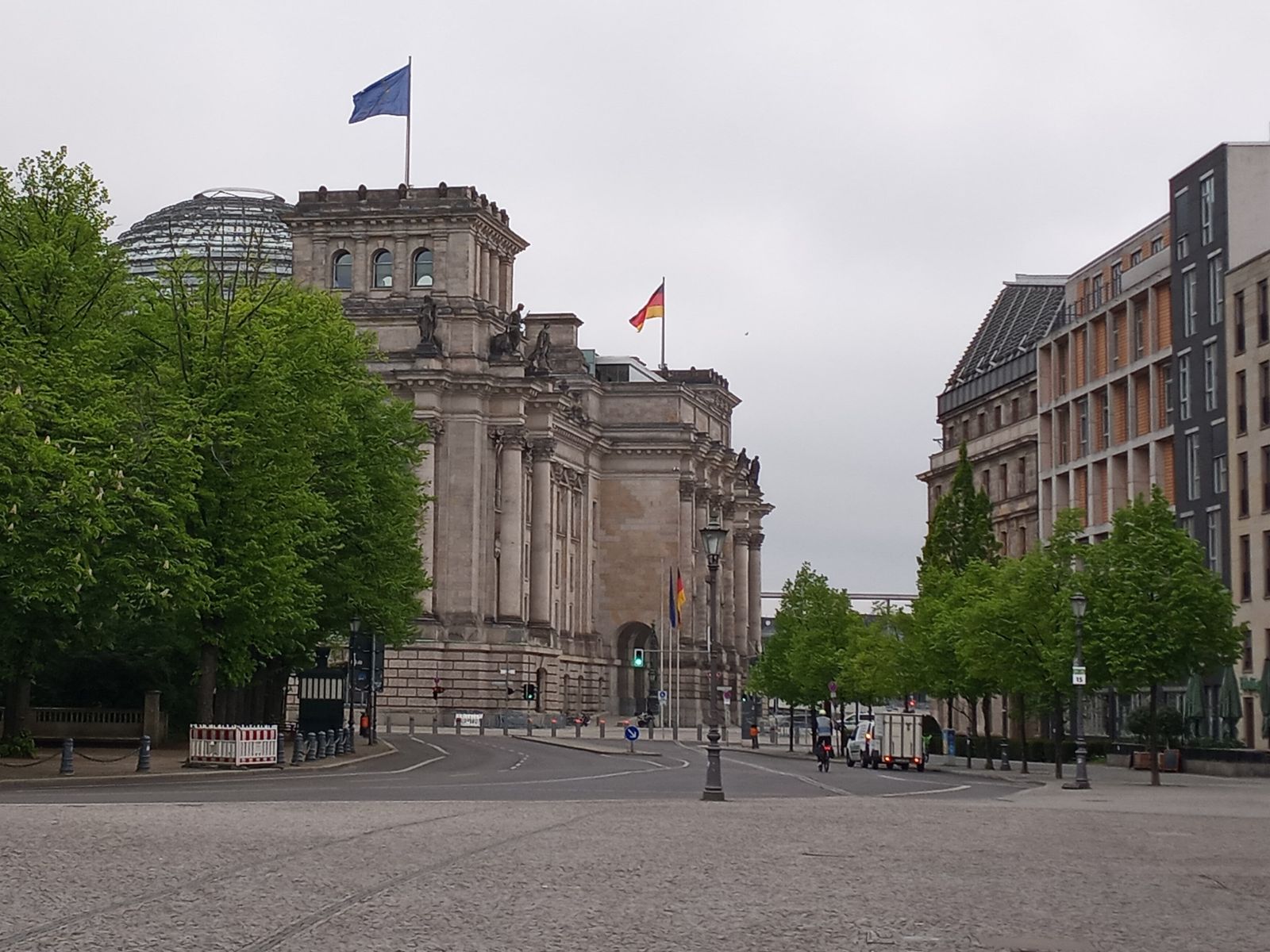
Advocates Call For Cannabis Industry Expansion In Germany

Advocates Call For Cannabis Industry Expansion In Germany
The German Cannabis Business Association (BvCW) is calling for the German government to embrace the nation’s emerging legal industry rather than treating people like criminals for consuming cannabis responsibly. The urging by BvCW comes amidst calls by some conservative lawmakers to roll back Germany’s recent cannabis policy changes.
“If the Union factions want to dry up the black market and fight organized crime, the cannabis industry is on their side. However, if this is to be done by criminalizing patients and consumers, this is the wrong way. It is not the users who are criminal, but the actors of the black market,” said Dirk Heitepriem, President of the BvCW, in a recent newsletter.
Germany adopted a national adult-use cannabis legalization measure earlier this year, with the first provisions of the law permitting personal cultivation, possession, and use going into effect on April 1st, 2024. Additionally, as another part of ‘Pillar 1’ of German legalization, cultivation associations became legal on July 1st, 2024.
‘Pillar 2’ of the nation’s legalization model involves launching regional adult-use cannabis commerce pilot trials. Such trials already operate in the Netherlands and Switzerland and are allowed under European Union law. BvCW is calling for no further delays in launching pilot trials in Germany to combat Germany’s unregulated market.
“Legal access options such as home cultivation, cultivation associations, but also commercial models with licensed specialist shops are the best solution to push back the black market. Therefore, a new federal government should ensure that these legal accesses to cannabis are created and maintained,” says Michael Greif, Managing Director of the BvCW. “There is no protection for young people on the black market, dealers do not ask for ID. But there are dangerous additives there. The best way to ensure youth and consumer protection is through a legal and regulated market.”
Lawmakers in Germany adopted the CanG law to boost public health outcomes by permitting adult consumers to obtain, or cultivate their own, cannabis products legally. EU law does not permit national recreational cannabis commerce, however, it does permit regional pilot trials since they are research-based.
The German cannabis market is home to 4-8 million consumers with a total potential market value of between €7.8 billion and €15.6 billion according to data provided by leading economist firm Whitney Economics.
To completely supply German demand, and thus eliminate the unregulated market, Germany’s cannabis industry would need to produce over 948,000 kg of flower annually according to Whitney Economics. That would be impossible if Germany’s cannabis laws regressed.
“Reversing the CanG would also set Germany back considerably in international competition and in research opportunities related to cannabis,” explains Dr. Stefan Meyer, Vice President of the BvCW. “The cannabis industry in Germany has created hundreds of jobs in recent years, provided thousands of patients with access to urgently needed therapies and proven that high-quality and safe products can also be produced in Germany.”
“Regulate instead of prohibit – this should also be the motto for a new federal government. The cannabis industry is ready to work together to dry up the black market. This requires commercial opportunities to grow and sell cannabis in Germany, legal access to home-grown cannabis for consumption, safety and reliability for patients, and liberalization of industrial hemp,” said Dirk Heitepriem.
BvCW suggests that as a first step, “the Federal Ministry of Food and Agriculture could now issue the Consumer Cannabis Science Responsibility Ordinance (KCanWV).”
In the middle of the ongoing debate in Germany, the nation is hosting a multi-national conference where various leaders will share their experiences with modernizing cannabis policies and regulations, as first reported by Marijuana Moment.
“Representatives from Luxembourg, Malta, the Netherlands, the Czech Republic and Switzerland were invited by German Commissioner for Addiction and Drug Issues Burkhard Blienert to the meeting in Berlin on Monday and Tuesday to “exchange experiences in regulating cannabis for non-medical purposes.” the outlet reported.
Share article


Share article
Join Our Awesome Community
Join Our Awesome Community
Join Our Awesome
Community
Get all the latest industry news
delivered to your inbox





